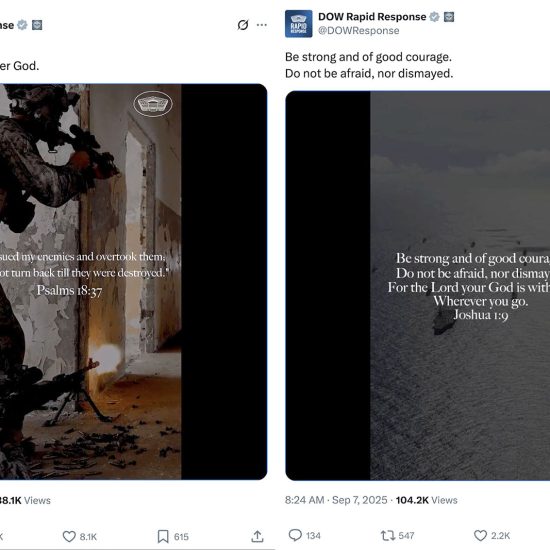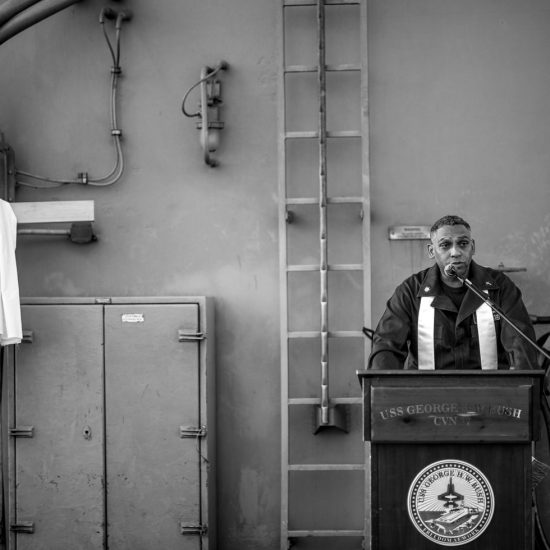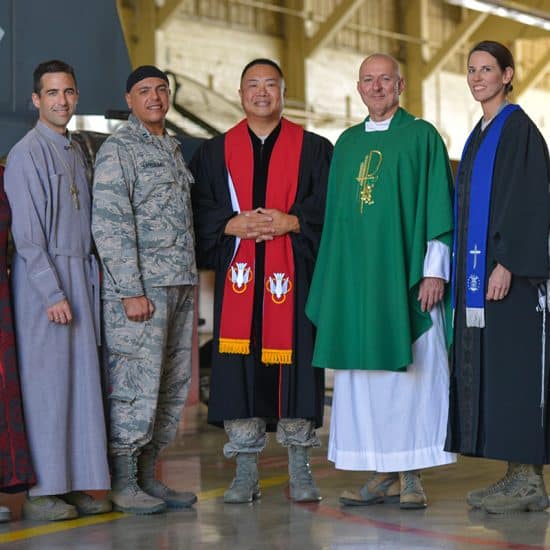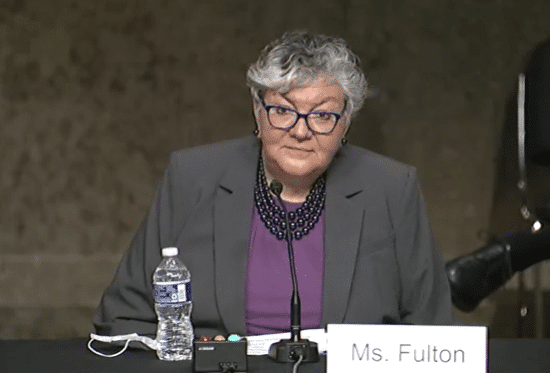Southwest Baptist University
Chaplain Gary Gilmore never intended to join the military.
“My call to chaplaincy was a lot like my call to ministry, one of initial surrender and then being guided to a place of service,” Gilmore said.
Gilmore is the Missouri National Guard State Chaplain to the Joint Forces Headquarters in Jefferson City.
Gilmore was already established in a fulltime position at Waverly Baptist Church when he realized that “pastors needed to model the role” in ministry.
“It was easy to tell others to be involved in a ministry outside the church walls and give their money to support Baptist mission efforts, but what was I doing?” Gilmore said.
A National Guard unit in Waverly had a vacancy for a chaplain, so at age 32 with two young children, Gilmore signed up for another weekend job.
“I embraced this as an extension of my church ministry and got busy doing what I could,” Gilmore said.
Until Sept. 11, 2001, Gilmore’s National Guard ministry was “one weekend a month and two weeks in the summer.” After that day, Gilmore said the chaplaincy grew into an “all-consuming ministry.”
Gilmore was deployed to Iraq. He calls this deployment an “interruption” in his plans, but a great ministry opportunity and time of personal growth. During his time abroad, he mobilized support of “Operation Noble Eagle,” a security mission in response to the Sept. 11 attacks on the U.S.
“It was a time of contradictions,” Gilmore said. “I have never been closer to Susan and the girls than when I was farthest away from them. I have never valued the gift of life so much as when I lived with its uncertainty. I had few resources but accomplished ministry in entirely new ways using what was at hand. I learned to see things differently — sometimes what doesn’t happen is as important as what does.”
Gilmore said that during his time as chaplain to soldiers in Iraq, his faith was strengthened and he learned the power of prayer.
“Soldiers would come with terrible situations back home, and there was truly nothing I could do to influence their world,” Gilmore said. “I would offer them biblical counsel and pray with them. A few days later I would see that soldier at the chow hall and they would say something like, ‘Hey Chaplain, I did what you said and you wouldn’t believe what happened when I called home!’ It was simply God at work in people’s lives.”
He also said that during his time in Iraq, he went back to the basics and learned that they are essential and fundamental when facing trying situations.
“The foundation of life is your relationship with Christ and cultivating relationships with loved ones and the people around you,” Gilmore said.
“When you love God and your brother, you know what to do, no matter the situation you are facing — doing a training mission, routine things like eating chow with some guys, encouraging somebody with a troubled marriage or responding to a crisis at the hospital. Focus on the basics in your life and the Lord will bring you plenty of opportunities to minister.”
Gilmore said coming back from Iraq was difficult simply because soldiers had many needs and there weren’t enough chaplains to cover the demand. He decided to step down as pastor at FBC Mount Vernon and devote his time to the National Guard.
“My National Guard service has broadened my world in many ways,” Gilmore said. “The Guard weekends got me out of my comfort zone and kept me engaged with people who need the Lord.”






